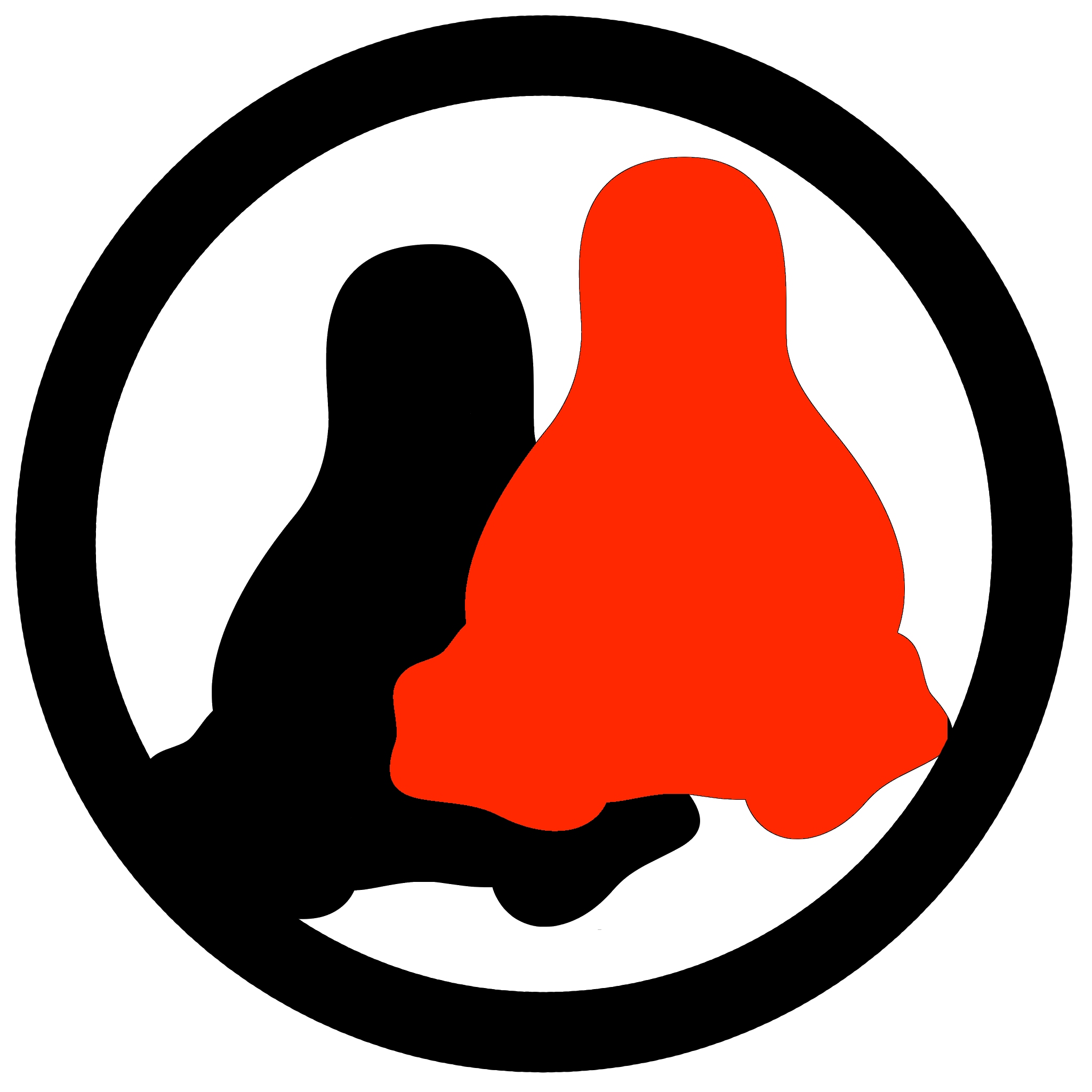Heroin is more an American traditional medicine since it gained the most popularity there (though it was invented in Germany),
China white is a type of heroin. Hence the China refrence
Most heroin in the US is:
East cost= China white
West coast= Mexican black tar
Also acupuncture has a lot of scientific research behind it. Def not a placebo. Even though main stream western media would have you believe otherwise. Not that you said it didn’t, js
As far as I know, acupuncture has only one or two indications in which it performed better than a placebo. Interestingly the exact position of the needles didn’t matter at all in any indication.
Considering the snake oil days of the American west it’s not surprising everyone was drugged up and addicted to something.
“Slight cough? Here’s some heroin mixed with morphine! Because you can’t cough if you’re unconscious!”
Nah the traditional American medicine is basically a shot of vodka used as the solvent to hold a mixture of cannabis, morphine, cocaine, and placebo. Its advertised by a traveling cowboy themed circus and it’s why we regulate medicine now
More like fentanyl but yeah
On a side note: if it’s a placebo and it works, it still works!
Exactly! That’s like saying fake aren’t real tits. If you can touch them, they’re real!
Yeah if someone’s benefitting from a placebo effect, the worst thing you can do is point out that it’s a placebo. If you convince them it won’t work, then you’ve just destroyed the therapeutic effect their brain was giving them. Just shut up and let the placebo do its thing.
Interesting point. Is it morally just to educate people on something they think works, resulting in it kind of working via placebo?
Depends on the setting. In a nurse-patient situation, you don’t ever bullshit them in the hopes of tricking them into some kind of benefit.
If your grandpa is raving on Facebook about how acupuncture is working better than opioids for post-knee-replacement pain management, then… “Hey that’s great you found something that works for you!”
YetAnotherUser makes a good point about not enabling a culture of scams or pseudoscience as well.
Discretion is key here.
Placebos work even when you knows it’s a placebo though. Pointing out something is a placebo is important because many are at best overpriced scams (homeopathy) and at worst actively harmful (chiropracty). The culture behind many placebos is also rife with pseudoscience and advocates against seeking out genuine care, so you should ensure nobody gets invested into placebos past a certain point.
One can make an informed decision regarding taking placebos if and only if one knows it’s a placebo, else one will be scammed and/or harmed.
Acupuncture is amazing. I live in South Korea where acupuncture is a very common practice and it downright works. I don’t know well enough to say this but I seriously doubt that while there’s no doubt it plays a big role in its effectiveness but it’s definitely more than just placebo effect. It definitely does something.
It’s when you start to add spiritual significance and meaning to it accupuncture becomes bonkers. Otherwise it’s a specific form of a massage that lets one single out and affect specific muscles. Therefore a knowledgeable person can make wonders by applying it correctly. As a bonus: the whole experience of laying like a hedgehog.
There’s a very famous case of frostbite so bad that the doctors insisted that the patient needed amputation(severance? Not sure how you say cutting off toes) but a traditional Korean doctor cured it only with acupuncture and some herbal medicine. The patient recently made an interview about it as well. I was able to find this related paper as well.
Still not sure if this can be achieved only with some form of placebo. Guess I am too familiar with the idea of acupuncture being real?
I specified when it’s not placebo and is real. Even in that rare case it wasn’t aligning chackras or whatever but served as a surprise remedy to return normal blood circulation. Was it that timely or maybe doctors were too amputation-happy? Either way, not that much mystery, more luck.
Placebo comes when there are claims it treats what’s out of it’s reach, like cancer, or improves overall quality of life in some mystical way. The worst offence there is cases where patients refuse medications and therapy because they get in a great mood and have some pain relief after a session, like with many other semi-pseudoscientifical treatments. Otherwise it’s a nice kind of a physical therapy.
the crazy thing about placebo is just how effective it is. because yes, placebo could do that.
we have piles of studies that prove beyond a doubt that placebo can measurably and significantly aid in the healing of physical injuries like broken legs. you don’t Even need to believe in it. there’s studies where patients are told they’re being given a placebo that will do nothing, and they STILL got better faster than the group given nothing.
There’s another patient who didn’t get the toe amputation, and gangrene spread to where he lost the entire leg and 80% of his kidney function. This one did not thank acupuncture for his outcome.
This one very famous case of a guy who got very lucky, and ended up alive and uncrippled and was able to take time off from perpetual dialysis treatments to smile for magazine covers maybe doesn’t represent what generally happens to people in his situation.
Difficult to prove whether acupuncture is placebo or not, because you can’t really make a control group believe that they’ve been poked with needles without actually poking them with needles.
But at the very least, you are poking people with needles, so unlike homeopathy, it will have some non-placebo effect. The question is rather whether that’s the medicinal effect you’re trying to achieve.
Having said that, I’ve had acupuncture, because my mum dragged me there. I was not convinced that it’d help, yet it did reduce pain. That still does not fully exclude the possibility of a placebo effect, but it seems rather unlikely to me either way.
Physiotherapists use a form of acupuncture called dry needling, which can be used to trigger muscle twitching/relaxation (I’m not really super knowledgeable on it, I’ve just been to the physio, who use this in combination with massage, specific exercises etc)
It’s certainly not placebo
As for all the other claims made, I dunno.
You could let the control group be poked at random places instead of whatever the acupuncture manual says.
I think that it’s been tried and did yield similar effects. Unsurprisingly.
I remember many years ago New Scientist magazine did a review study of many different alternative medicine techniques and found that the only benefits they provided were placebo effect.
Except acupuncture. That was the only one with an effect greater than placebo.
In a 2018 review, data from 12 studies (8,003 participants) showed acupuncture was more effective than no treatment for back or neck pain, and data from 10 studies (1,963 participants) showed acupuncture was more effective than sham acupuncture. The pain-relieving effect of acupuncture was comparable to that of nonsteroidal anti-inflammatory drugs (NSAIDs).
https://www.nccih.nih.gov/health/acupuncture-what-you-need-to-know
So you can spend 10 minutes to an hour getting poked with needles or you can just pop an ibuprofen.
The needles trigger a release of endorphins because pain
Reminds me of this gem
Here is an alternative Piped link(s):
https://www.piped.video/watch?v=WSCm8yAxBr8&t=9m6s
Piped is a privacy-respecting open-source alternative frontend to YouTube.
I’m open-source; check me out at GitHub.
I had dry needling in my knee, it made it feel amazing for a few days and numb.
I didn’t think it would help but it seemed too
dry needing is a different thing. that’s where they electrically simulate the muscles to like hyper massage them. it’s kind of an extreme deep tissue massage. leaves me sore usually.
it’s not accupuncture, it’s a medical sound practice primarily done by physical therapists.
Dry needling doesn’t (always?) use electricity. I’ve had it done too, and the explanation I got was that it basically just pisses off the underlying tissue to promote an inflammatory response and thus blood flow to the target area.















